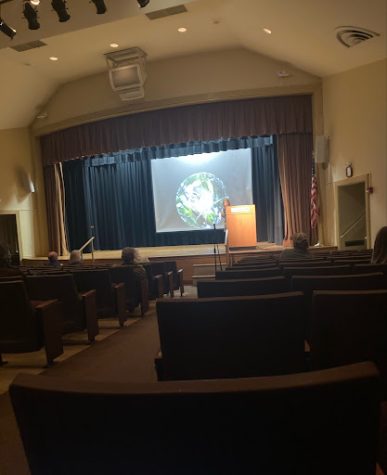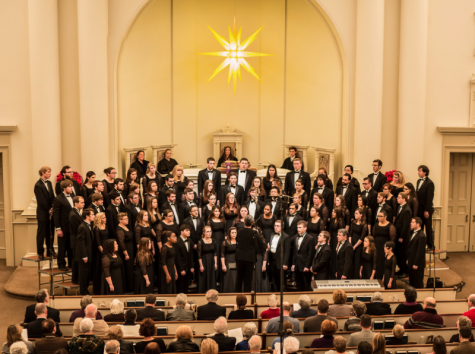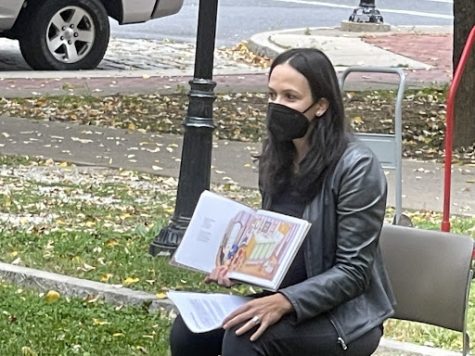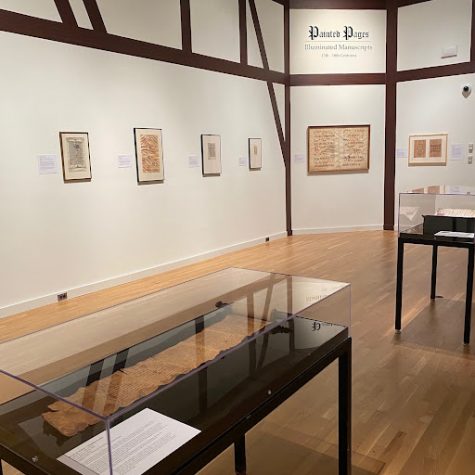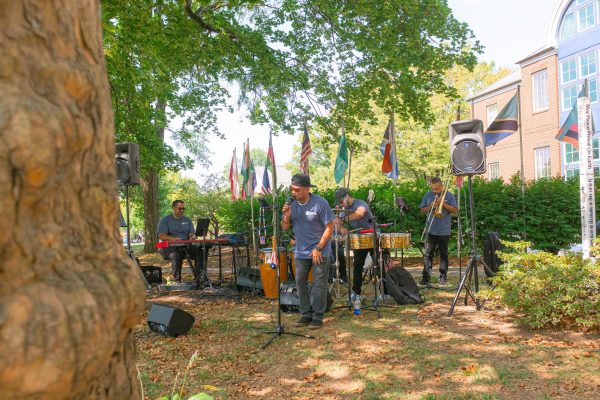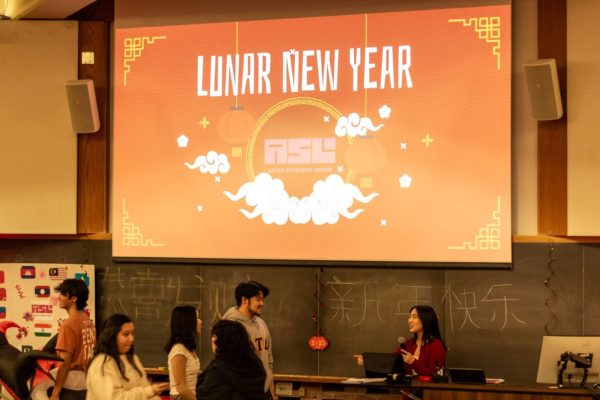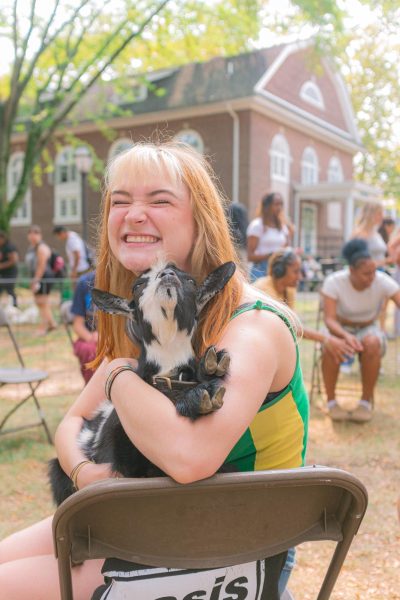Matthew Nisbet on How to Talk about Climate Change in Today’s Hot Political Climate

Photo courtesy of Matthew C. Nisbet.
On Tuesday, February 16, Moravian College welcomed communications scholar Matthew Nisbet to host an InFocus event about “Communicating about Climate Change and Sustainability in a Democracy at Risk.”
Nisbet is Professor of Communication, Public Policy, and Urban Affairs at Northeastern University, and the writer/host of the Wealth of Ideas newsletter and podcast.
For the past two decades, Nisbet has studied the process by which the public and decision-makers come to understand complex scientific, environmental, and technological issues, analyzing the influence of ideas, politics, expertise, and culture. In his talk, he discussed the most effective ways to talk about climate change in today’s charged political atmosphere.
Addressing an audience of about 50 college and community members over Zoom, Nisbet started by talking about the pandemic the world is currently facing and how we are very divided as a country.
When it comes to the COVID-19 vaccine, America is split on whether or not they trust it, he said, dating our mistrust of government-backed initiatives now to the growing distrust Americans began to feel towards the government around the time of Richard Nixon’s presidency.
Surveys since then show that Democrats have not trusted the government when it was run by Republicans and vice versa, Nisbet said. That political divide has only continued to widen.
Nisbet argues that we cannot make progress as a society under these conditions.
He also argued that the political divisions in our country are historical and go back to the first settlers. The political ideologies in the New England area differed from those in the Greater Appalachia area, and those differences still exist today. “Our differences in this country are much greater than ideology or partisanship,” he said. “They’re historical and they’re cultural, and we see these differences in how we vote, and we see these differences when we think about policy related to the pandemic, and how we think about policy related to climate change.”

Nisbet also brought up the insurrection at the Capitol and acknowledged that coming together collectively as a country will likely be difficult. He offered several ways to go about decreasing the divide.
One way is to wean people off social media, which he believes further divides us by validating our own biases. Another way is to bring people into forums or discussions — such as those held at colleges and universities — that broaden our perspectives.
Then he touched upon what he called “wicked problems,” or complex problems with no clear solutions, which are born from our own success and modernization as a country (i.e., COVID-19 and climate change).

“Because these are wicked problems, this is why you see even among people arguing on behalf of action to address an issue like climate change, they tend to define the problem differently and also break out in these huge disagreements about what should be done,” he said.
While Nisbet did not offer solutions for such problems, he said he does feels there is still hope for the country to become more moderate and open to listening to each other’s ideas.
A Q&A session was held at the end of the event, where students asked questions, such as whether we have time to be moderate with people who deny climate change given its severity and urgency and how to address political debates at home.
When asked to comment on the event, biology major Samuel Rappaport (‘21) said, “The presentation addressed issues like political divisiveness and how they impact opinions on climate change. I thought this was interesting to see his perceptions, especially since the country is currently very polarized.”
Dominic Trabosci, a senior English major, felt as though the presentation avoided some major questions and relied on COVID-19 too heavily as a metaphor for how we handle climate change, but he still appreciated the general sentiment of wanting to bring unity to the issue of climate change.


